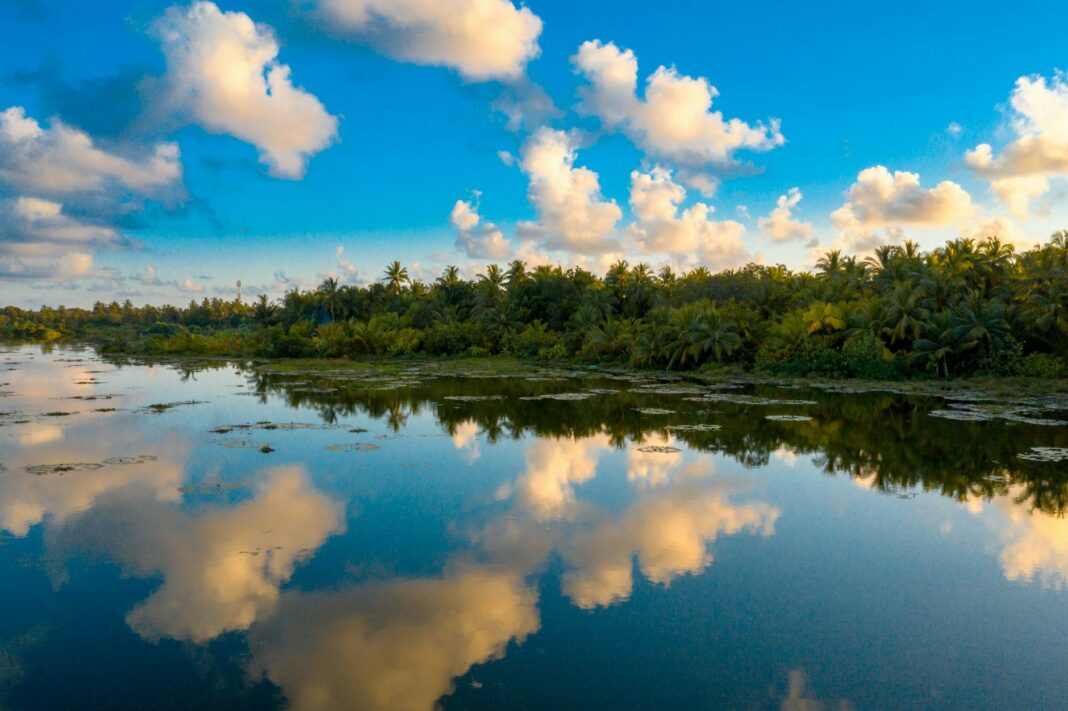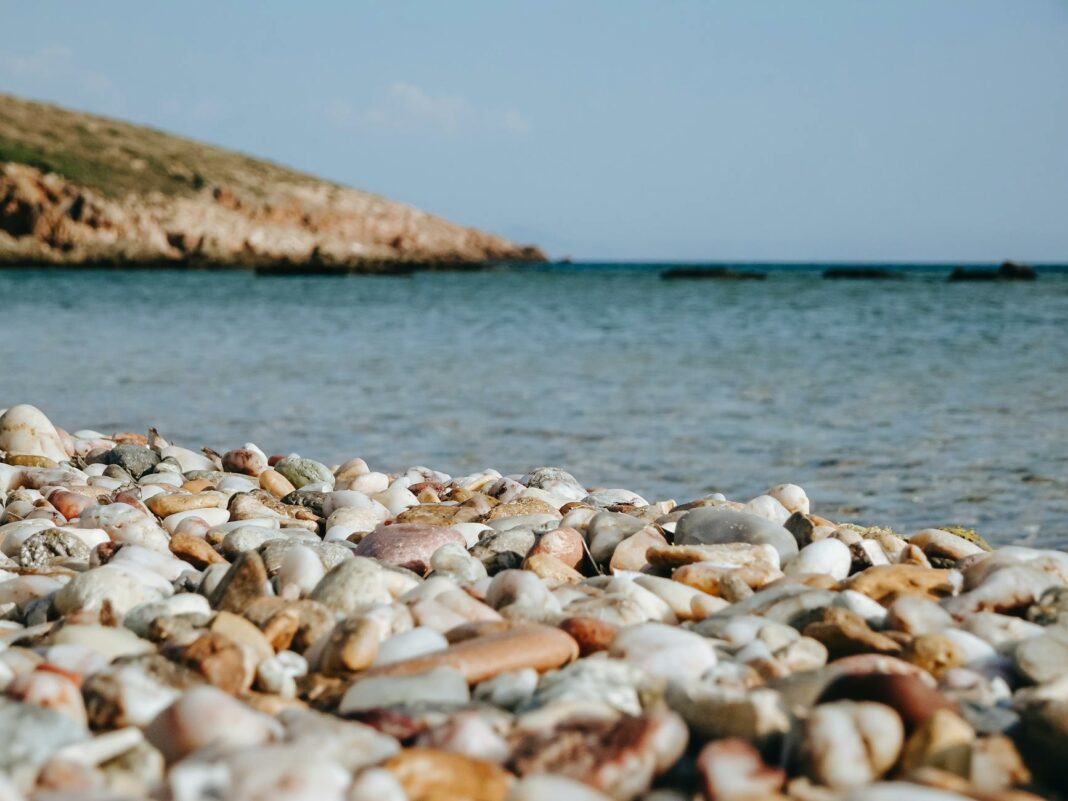Table of Contents
1. Introduction
2. The Impact of Tourism
3. Environmental Degradation
4. Sustainable Travel Options
5. Protecting Coastal Ecosystems
6. A Positive Path Forward
7. FAQ
Introduction
For many, the thought of a dream vacation instantly evokes images of sun-soaked beaches, crystal-clear waters, and vibrant marine life. However, this idyllic picture often comes with an environmental cost that is frequently overlooked. As eager travelers strive to explore the beauty of coastal destinations, they may inadvertently contribute to the degradation of the very ecosystems that make these locations so enchanting. Taking a deeper dive into this paradox illuminates the critical balance needed between our wanderlust and the health of our planet’s coasts.
Understanding the complex relationship between tourism and environmental health is pivotal. While economic benefits often sway decision-makers, the intricate tapestry of coastal ecosystems is fragile and requires our utmost attention. This blog post will explore the paradox of how travel affects coastal ecosystems, then discuss ways we can tread lightly on these natural wonders. Let’s unravel this tapestry together and embrace responsible travel.
The Impact of Tourism
Tourism can be a double-edged sword, providing economic benefits while also inciting significant ecological repercussions. Work in the tourism industry has created countless jobs, bolstering local economies and supporting families. However, the influx of visitors often brings pollution, habitat destruction, and overexploitation of natural resources. Many destinations struggle under the weight of excessive foot traffic, leading to ecological imbalances and strain on local wildlife.
Moreover, crowded beaches can result in litter and debris accumulation, which not only detracts from the aesthetic allure but also poses risks to wildlife. Marine animals may mistake plastic for food, leading to fatal consequences. Ironically, the very places many people seek for relaxation and beauty become battlegrounds for survival for the ecosystem. Recognizing this damaging cycle is vital; travelers should consider their impact and the long-term sustainability of the locations they adore.
Environmental Degradation
The adverse effects of tourism extend beyond immediate pollution; they can disrupt entire ecosystems. Coral reefs, often referred to as the rainforests of the sea, face dire threats from pollution, sedimentation, and climate change—issues exacerbated by mass tourism. The allure of snorkel excursions can result in trampling delicate coral structures, triggering a cascade of decline in marine biodiversity.
Deforestation and land development for hotels and resorts similarly carry devastating consequences for coastal habitats. Mangroves, crucial for coastal protection and biodiversity, are often sacrificed to make way for new tourist facilities. The loss of these natural defenses can result in increased vulnerability to storms and erosion, placing both local communities and ecosystems at risk. To combat this degradation, awareness and proactive measures from all stakeholders are essential.
Sustainable Travel Options
Fortunately, innovative and sustainable travel options are increasingly available to help mitigate tourism’s environmental footprint. Eco-friendly accommodations and transportation alternatives provide travelers with a chance to minimize their impact. Sustainable tourism encourages responsible behavior, such as minimizing waste, reducing carbon emissions, and respecting local cultures and environments.
For example, many destinations now offer eco-tours that educate travelers on local ecosystems and conservation efforts. This type of engagement fosters a deeper appreciation for the environments travelers visit, prompting them to advocate for their protection. Additionally, supporting local businesses and initiatives can help channel tourism revenue back into the community, strengthening economic resilience and safeguarding ecosystems.
Protecting Coastal Ecosystems
Empowering individuals to become stewards of coastal ecosystems is essential for nurturing a sustainable future. Initiatives such as beach cleanups, wildlife monitoring programs, and educational workshops allow travelers to contribute positively to the natural environments they cherish. Local communities should also be promoted, giving them a vital role in conservation efforts.
Many organizations work tirelessly to advocate for policies and practices that prioritize ecological health while balancing tourist needs. By aligning with these initiatives, travelers can engage in responsible tourism that actively supports the well-being of coastal ecosystems rather than undermining them. This commitment not only preserves the beauty of these locations but also ensures that future generations can relish the same charm.
A Positive Path Forward
While the challenges are significant, the potential for positive change is equally formidable. Shifting perceptions about tourism can create a ripple effect, inspiring individuals to make conscious choices that influence industry practices and local policies. Travelers can embrace the mindset of being guardians rather than conquerors, prioritizing the health of ecosystems while enjoying the wonders of the coasts.
Through collective action, a brighter future is within reach. Advocating for policies that include sustainability in tourism, engaging in community-driven conservation projects, and practicing responsible travel habits will create harmony between our desire to explore and the need to protect our planet. By choosing to make a difference, we can all enjoy our dream vacations without compromising the integrity of the coastal ecosystems we love.
FAQ
How does tourism specifically harm coastal ecosystems?
Mass tourism can lead to pollution, habitat destruction, and overexploitation of resources, putting immense pressure on delicate coastal environments.
What alternatives do tourists have to minimize their environmental impact?
Travelers can opt for eco-friendly accommodations, participate in local conservation initiatives, and engage in responsible activities to support ecosystem health.
Are there organizations working to protect coastal ecosystems?
Yes, various non-profits and local organizations are focused on conservation efforts, actively seeking tourists’ involvement in preservation activities.
How can I learn more about sustainable travel practices?
Many resources, including online guides and sustainable travel blogs, offer tips and strategies for planning eco-friendly trips.
Can tourism ever benefit coastal ecosystems?
Absolutely. When managed responsibly, tourism can generate funds for conservation, create awareness, and foster local stewardship over natural resources.
Image Credit: Pexels





